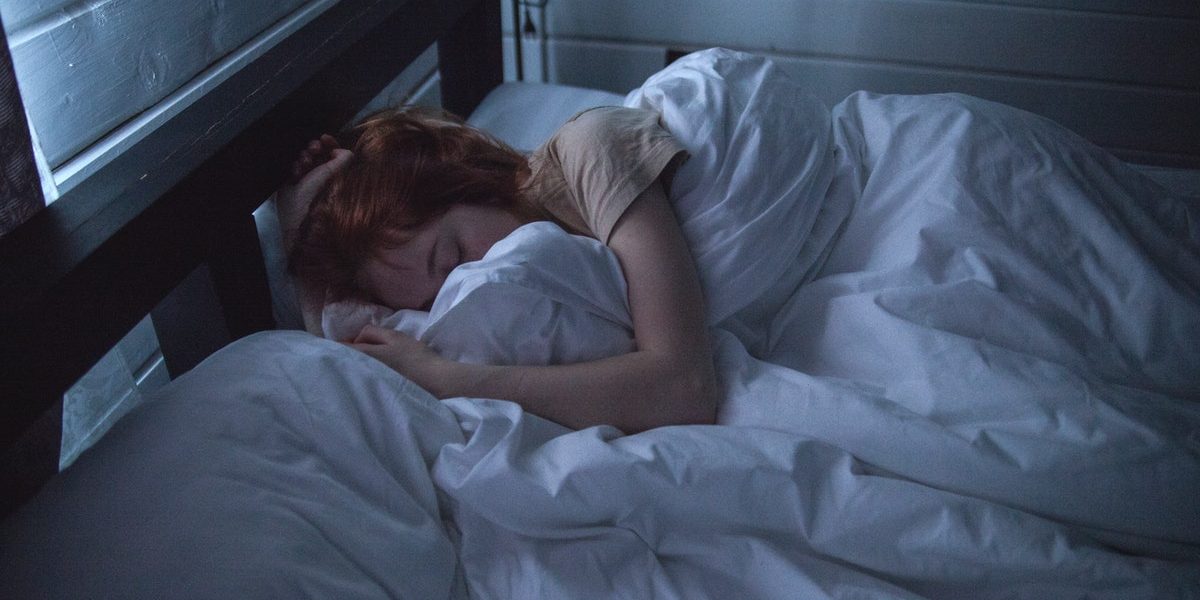Falling asleep is supposed to be as easy as breathing, right? But for many people, it’s anything but. If you’re struggling to sleep, you’re not alone. Millions worldwide have difficulty getting seven to eight hours of sleep each night. Fortunately, it’s not a complete mystery.
There could be several reasons why you’re finding it hard to drift off into dreamland, and here are just five of the possible explanations as to why that is:
Reason #1 You’re drinking too much caffeine
Caffeine is a stimulant, so it’s not surprising that it can make it hard to fall asleep when you drink coffee or eat chocolate. If you’re struggling to sleep at night, consider reducing your caffeine intake or avoiding it altogether in the hours leading up to bedtime. This should help you to feel more sleepy when it’s time to turn in for the night.
Of course, coffee and chocolate aren’t the only sources of caffeine. Many sodas, energy drinks, and even some teas contain caffeine. So be sure to check the labels of any drinks you consume during the day to see if they could keep you awake at night.
Reason #2 You have a sleeping disorder
Several sleeping disorders can make it difficult to fall asleep or stay asleep through the night. This could include insomnia, sleep apnea, or restless leg syndrome. If you think you have a sleeping disorder, you must talk to your doctor. They can diagnose and find the best treatment for your particular condition.
For instance, if you’re diagnosed with chronic snoring and obstructive sleep apnea (OSA), your doctor might recommend an Elastic Mandibular Advancement (EMA) device. This EMA appliance can help keep your airway open while you sleep, improving your quality of sleep and helping you to feel more rested during the day.
And if you’re diagnosed with insomnia, you can try different treatment options, such as cognitive behavioral therapy (CBT), medications, and changes to your sleep habits. This will likely be a process of trial and error to find what works best for you, but with perseverance, you should be able to find a treatment that helps you to get the quality sleep you need.
Reason #3 You’re eating too close to bedtime
Eating a big meal right before bed can make it hard to sleep. That’s because your body is working to digest the food you just ate, which can keep you awake and make it difficult to fall asleep, even more so when you’re dealing with a toothache. That’s why eating your last meal of the day a few hours before you go to bed is best.
And if you get hungry around bedtime, try to eat a light snack that won’t make you feel too full. Some good options include a piece of fruit, a small bowl of cereal, or a few crackers with cheese. You should also stay away from hard or crunchy food, especially if you have sensitive teeth. But if you think the pain won’t resolve on its own, consider scheduling an appointment with your dentist to get teeth implants as a permanent solution.

Reason #4 You have anxiety or depression
If you often find yourself lying awake at night and overthinking things, it could signify anxiety or depression. These conditions can make falling and staying asleep hard since they cause intrusive and unwanted thoughts. You must talk to your doctor if you think you are struggling with anxiety or depression.
Although you might think that self-diagnosing and treating your anxiety or depression is the best option, speaking with a professional is always best. This is because some symptoms of anxiety and depression can also be caused by other conditions, such as a sleeping disorder. So it’s crucial to get a proper diagnosis before beginning any treatment.
Your doctor can help diagnose your condition and find the best treatment. This might include medication, therapy, or a combination of both. With treatment, you should start to feel better and have an easier time sleeping at night because you’ll be less anxious and stressed.
Reason #5 You’re not getting enough exercise
Exercise is a great way to get your body moving and improve sleep. But if you’re not used to exercising, it can have the opposite effect and make it harder to fall asleep. So, try gradually adding some light exercise into your daily routine and see if that helps you to sleep better at night.
Just be sure not to exercise too close to bedtime, making it harder to fall asleep. The National Sleep Foundation recommends avoiding exercise for at least three hours before bed. This is because when you exercise, your body releases hormones like adrenaline and cortisol. These hormones can make it hard to relax and sleep since they help to keep you alert and awake.
If you’re struggling to sleep, there are a few possible reasons why. From sleep disorders to anxiety and depression, many things can make it hard to get a good night’s rest. But with some patience and perseverance, you should be able to find a treatment that works for you and helps you to get the quality sleep you need.

